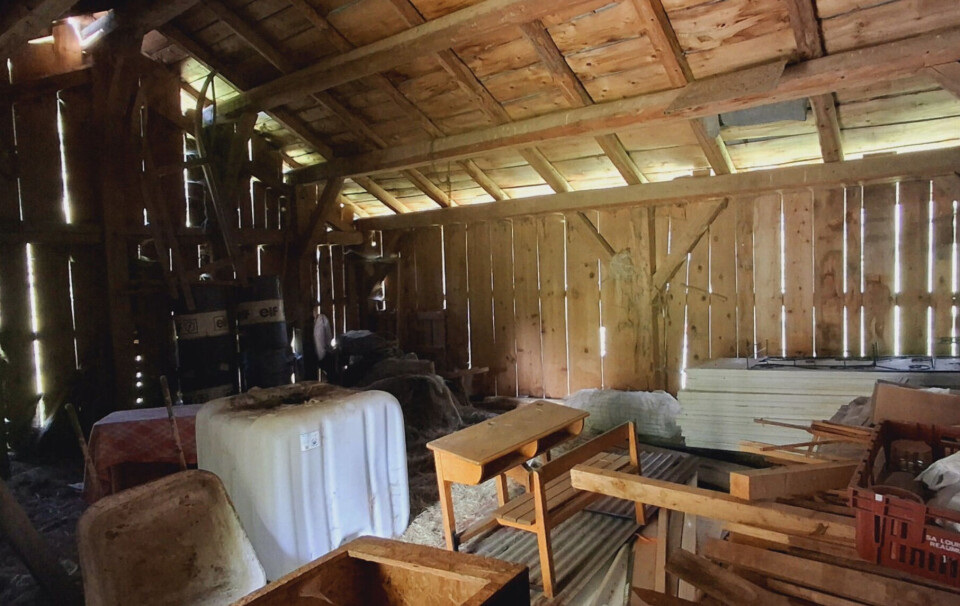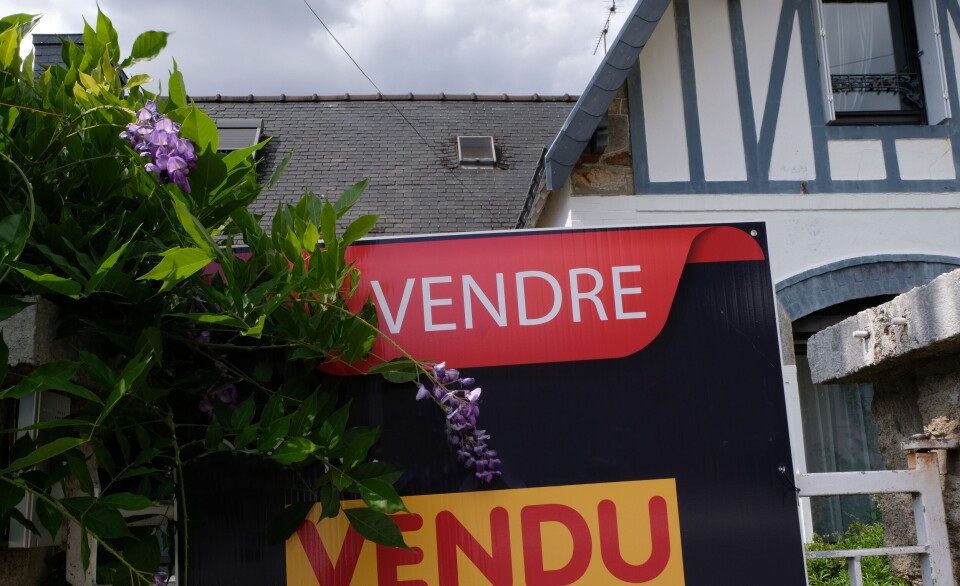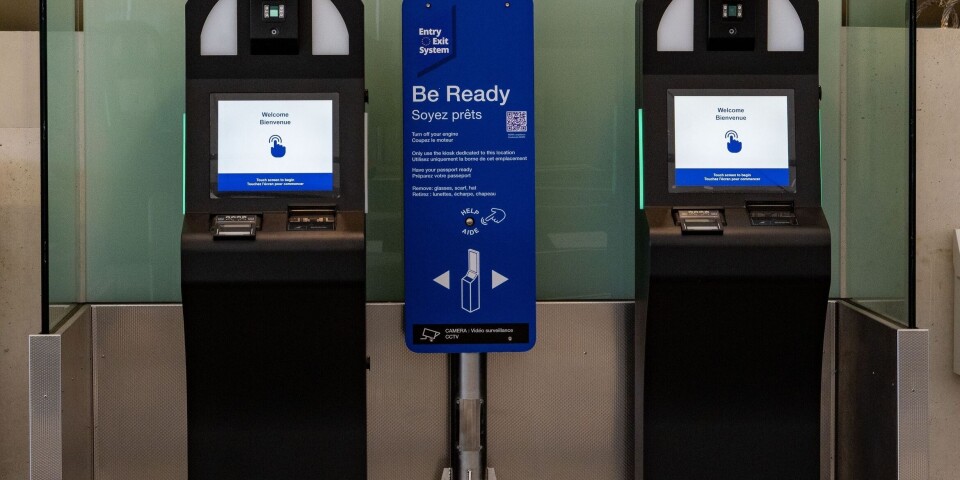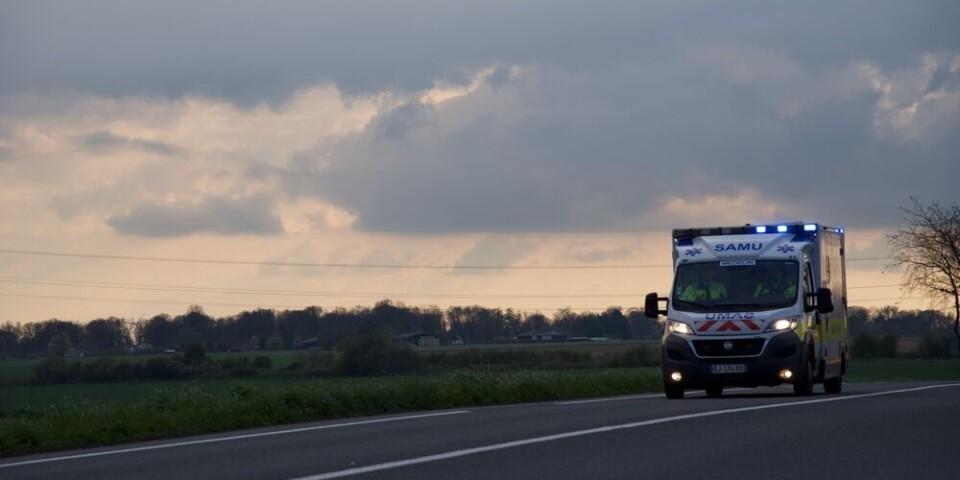-
'Our French farmhouse was rebuilt by hundreds of helping hands'
Discover how a New Zealand-English couple transformed a dilapidated farmhouse into a vibrant home with the help of 145 volunteers
-
'I helped restore French cathedrals as a female American stone cutter - despite prejudice'
Stella Cheng, who worked on the restoration of Notre-Dame Cathedral, faced sexism and racism
-
French woman named one of world’s best teachers
Céline Haller, inspired by English and US teaching methods, has gained recognition for revolutionising learning with hands-on projects and inclusivity
Volunteering is not as easy as you think
Finding a way to ‘fit in’ is a common difficulty for Britons who move to France, with the language barrier being a key problem. But, despite being sufficiently confident in her French to apply for citizenship, Sue Evans says she is still struggling to find a way to help in her community

When I faced the citizenship interview at the prefecture recently I was asked about my involvement and commitment to France and, as I wrote in my article, I believe that citizenship should demand contribution and one way of contributing is for retirees to use their skills working as volunteers.
However, I have found that difficult here and wonder if other readers can offer ideas as to how to become usefully involved.
When my husband Mark and I moved to Tarn-et-Garonne I tried to ‘pop in’ to the local primary school to offer some help with English. I have substantial experience of working in primary schools and a qualification and experience in teaching English to young children.
We did not make it through the front door or past the fierce caretaker who regarded us with great suspicion and firmly closed and locked the door.
So my neighbour, whose daughter I had already started teaching, spoke to the head teacher. I was invited to a meeting with the head and all her staff who were clearly puzzled as to how I might work alongside them.
They seemed convinced that either discreetly in the classroom, or with groups in the corridor, I would be very much in their way. There was no culture as in the UK, of either classroom support assistants or parents helping in the school.
The meeting ended with the headteacher, in what felt a strangely accusatory way, saying, ‘You’ve done this before haven't you?’ I crept away and heard nothing further.
Undeterred and sure I could help elsewhere, I wrote to l'inspection académique to see if there were volunteering opportunities in the wider area – perhaps my village school was unusually unwelcoming. Months passed but then out of the blue came an email requesting my CV and inviting me for interview – for what I knew not.
The morning of the interview arrived and I was ridiculously nervous but something drove me on. Two highly motivated and enthusiastic advisory teachers spoke with me for an hour and said I would be an asset to the service and was highly recommended. ‘For what?’ I tried to ask as I was swept down the corridor to meet a senior administrator.
With considerably less warmth than the teachers, she explained briskly that I had been interviewed for a job as a peripatetic teacher of English. I was to teach full time, across all year groups in three primary schools in a rural area. I would be paid as an assistant as I was not ‘qualified’.
Perhaps I would like to let her know by tomorrow if I would like the job or not. I declined politely.
Since then I have not ventured to volunteer which saddens me.
I have taught my neighbours’ children. The first a less-than-enthusiastic child who liked to ‘colour in’ but not to converse – she has grown into a charming young woman; the second a young ballerina whose sole interest was ballet so necessitated me engaging in research to provide discussions on a subject of which I knew nothing but wanted to enthuse; and the third the daughter of my hairdresser.
For each I offered the course free of charge. My hairdresser thought this quite unacceptable, “You pay for your haircuts so I must pay for your expertise.” So we reached an agreement on bartered time where for each lesson I taught, she reduced my bill by €5. Job done – cuts, blow dries and highlights for seven years.
My hairdresser’s daughter has just started her training as a children's nurse so thoughts to volunteering and using my skills in the community return once more. Any ideas?
Stay informed:
Sign up to our free weekly e-newsletter
Subscribe to access all our online articles and receive our printed monthly newspaper The Connexion at your home. News analysis, features and practical help for English-speakers in France
























